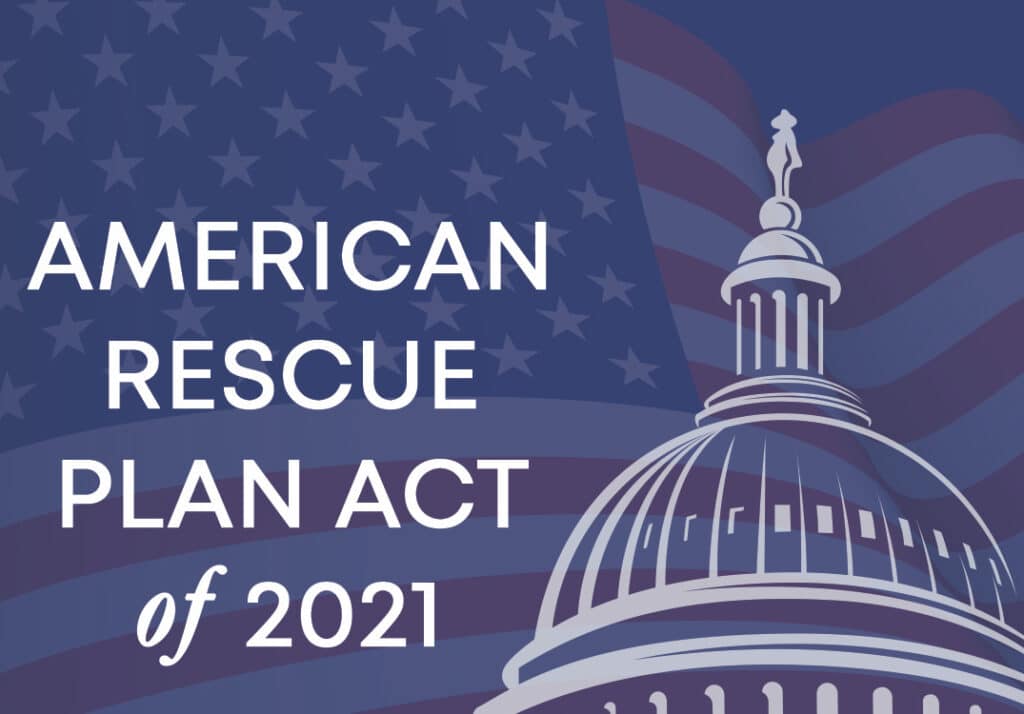
Small Businesses and Contractors Affected By The American Rescue Plan Act of 2021
Welcome to the new year of 2022. As so often happens, a new year means new changes to federal tax laws and this year is no different. There is a small change buried in the American Rescue Plan Act of 2021, passed early last year in response to the Covid-19 pandemic but it could affect millions of small businesses as well 1099 contractors and sole practitioners.
Starting this year, electronic payment providers like Venmo, Zelle, PayPal and CashApp, along with any 3rd-party credit card processors are required to report transactions above a yearly total of more than $600 if those transactions are for goods and services and also issue 1099 tax reporting forms so you can correctly report the income to the IRS.
This is a major change in reporting requirements. In the past the reporting threshold was $20,000. Those days are now history.
When they first started, cash apps were used to transfer money between friends to split dinner bills and pay for shared rides but today the services are used by everybody from hairdressers to dog walkers and independent services providers and the IRS wants to make sure that income is recognized and reported. Gone are the days when low-level transactions do not get reported.
Reporting Issues
But like other changes to tax laws, there are also questions surrounding the new reporting requirements. One of the most asked is how payment services will be able to differentiate between goods and services and a personal transfer between friends and family? To try and address this, companies are adding additional fields to transfer requests to indicate the type of transaction initiated.
To facilitate the tax reporting requirements, if you have not done so yet you will also be required to provide either a tax-ID number for your business or your social security number to the electronic services you use.
What will these reporting requirements look like? If you fall under these new guidelines you can expect to receive a 1099-K form in January of 2023 from the payment services you use.
You may also see overlap if you are an independent contractor working for a company, and you exceed the $600 threshold in yearly income. In that case you will receive a 1099-MISC from the company for tax reporting purposes as well as a 1099-K from the payment service the company uses. As an example, if you are a rideshare driver and use the instant payment options offered by the rideshare company, you could very well receive 1099 forms from both your employer as well as the payment services the business uses.
Will Cash Be King Again?
And while tax policy experts say the new tax reporting requirements might move businesses back to more cash transactions, they doubt customers will shift back to cash payments, especially during the pandemic which helped solidify digital transactions. Lisa Ellis, a payments analyst at MoffettNathanson says it will be very hard for business owners to get around the law. “The platforms are being held responsible, so they’ll create more back-end features to convince people to make business-specific accounts and prompt customers to categorize payments.” And with the IRS starting to use artificial intelligence to analyze individual and business accounts, there are not many ways to hide income in today’s electronic world.
“They can tell, based on the activity in your wallet if you’re a business,” Ellis said. “Like, let’s be honest. They can tell.”
Questions Concerning The American Rescue Plan Act of 2021
Understanding and navigating tax related reporting and consequences can help avoid costly errors or omissions. RJS Law is a tax firm specializing in all aspects of tax and we stand ready to assist with any tax planning, reporting, or auditing from any of the federal and state taxing authorities. RLS Law and its qualified attorneys are available for a free consultation and assessment at 619-595-1655. You may also contact us via the web at www.RJSLawFirm.com. We look forward to hearing from you.

Leave a Reply